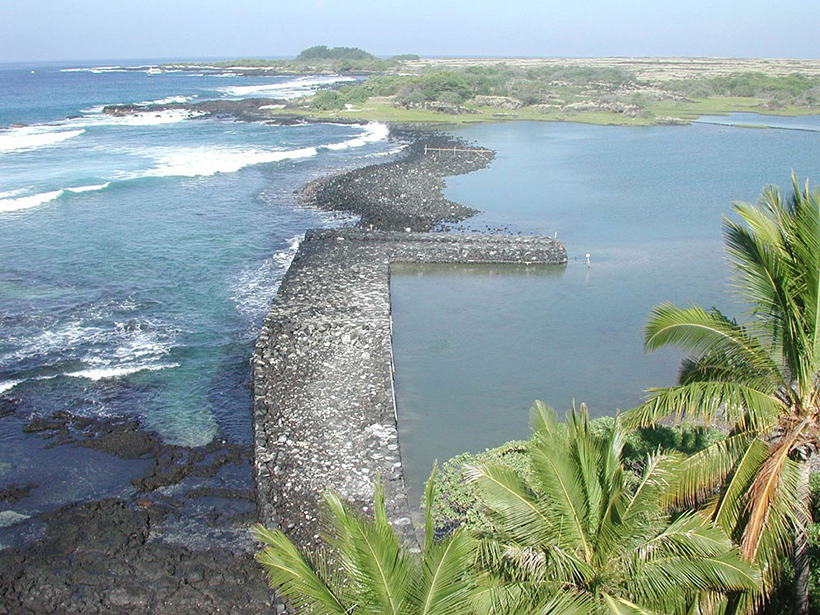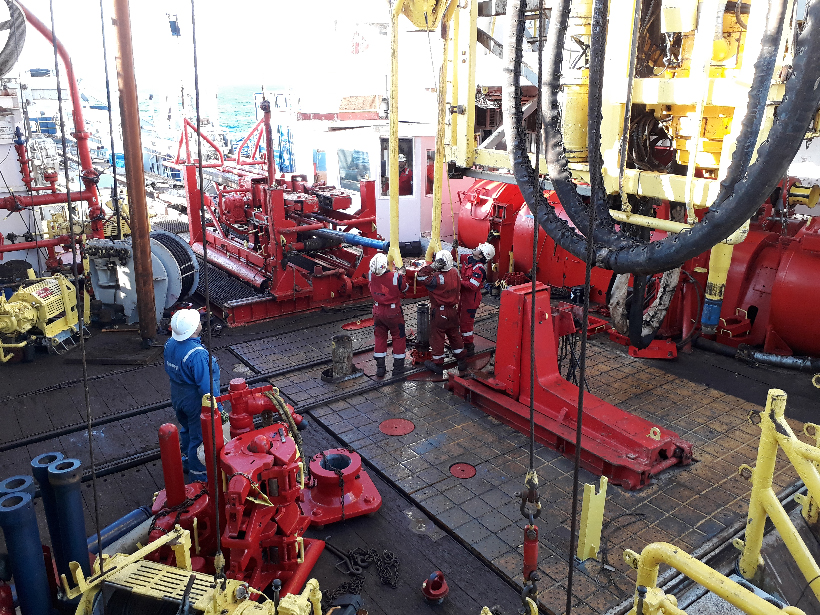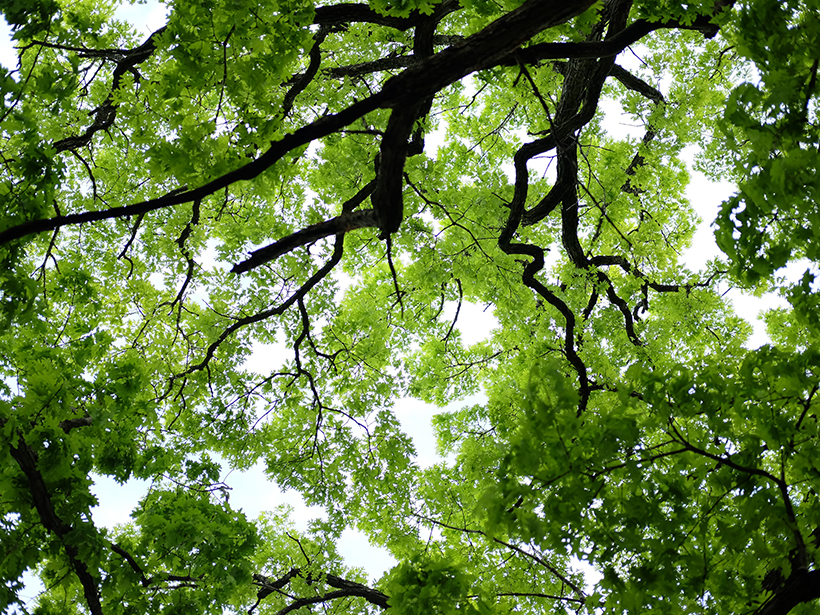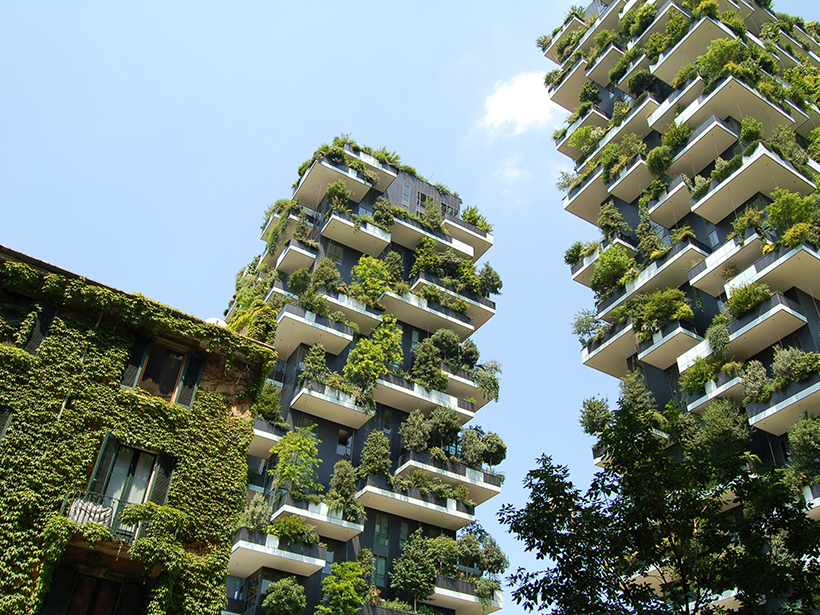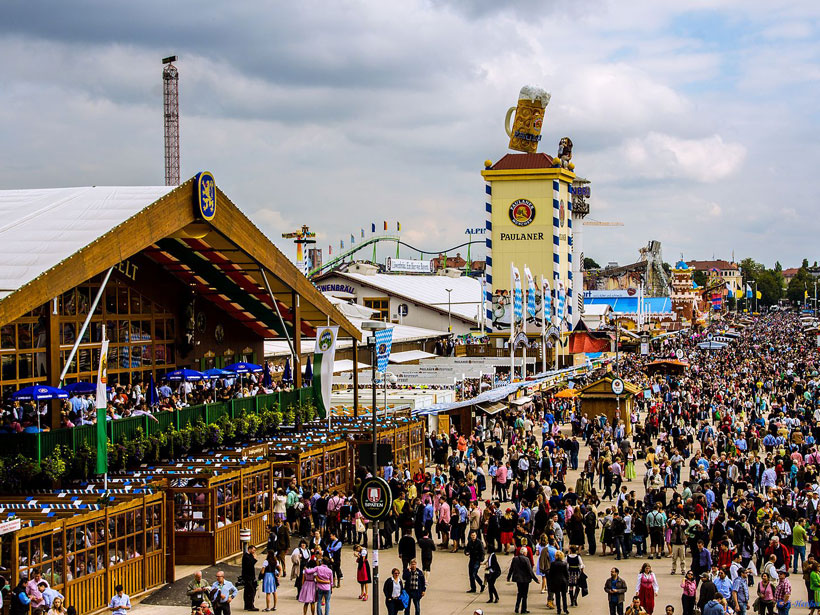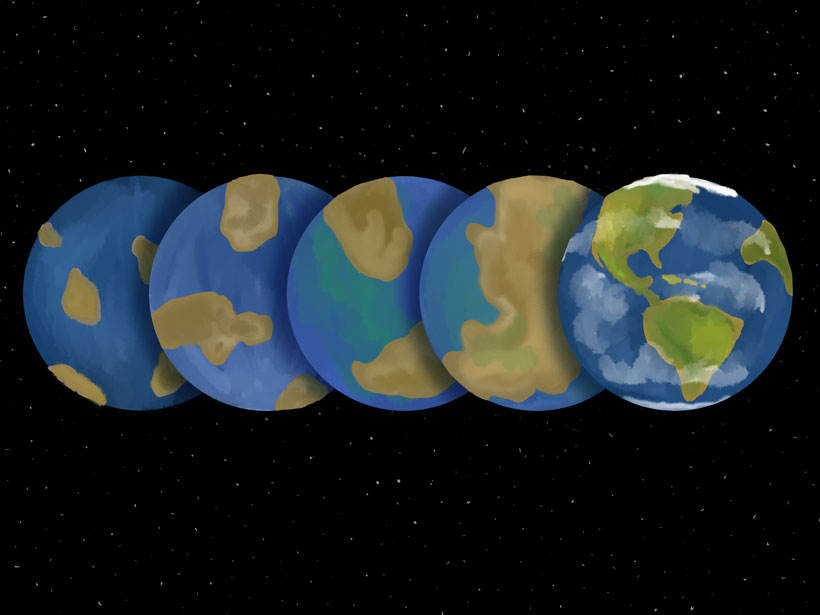The importance of fresh groundwater to coastal ecosystems is revealed using the first computer model at a global scale.
News
La Contaminación del Aire Puede Empeorar la Tasa de Mortalidad por COVID-19
Científicos descubren que condados altamente contaminados en los Estados Unidos tendrán una tasa de mortalidad por COVID19 4.5 veces más grande que aquellos condados similares.
The Massive Ice Avalanches of Mars
Ice avalanches may have traveled at speeds of up to 80 meters per second.
Bringing Earthquake Education to Schools in Nepal
The Seismology at School in Nepal program aims to prepare rural communities for the next big earthquake.
Eight Lessons from COVID-19 to Guide Our Climate Response
The global response to the ongoing pandemic can teach us how we should, and shouldn’t, respond to the climate crisis. And most important, it shows that we can do something.
Getting to the Bottom of Slow-Motion Earthquakes
For close to 20 years, slow-motion earthquakes have been an enigma. Core samples provide new clues to their origins.
This Week: Green Reads for Earth Week
What Earth and space science stories are we recommending this week?
How to Turn Our Cities Into Treetopias
We are and will continue to plant more street trees, urban groves and informal clusters of trees in our parks and green spaces. Treetopia has begun.
Oktoberfest’s Methane Rise Is the Wurst
Incomplete combustion and biogenic emissions—exhalations and flatulence—make Oktoberfest a significant, albeit temporary, source of the potent greenhouse gas.
Looking Back at Our Pale Blue Dot
Astronomers model changes in Earth’s chemical signature over the past 4 billion years to improve the search for Earth-like exoplanets.

